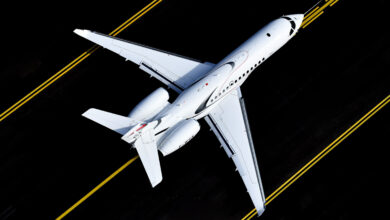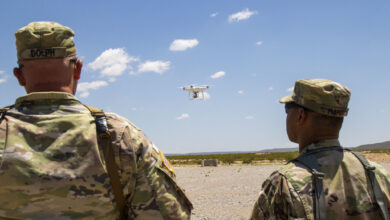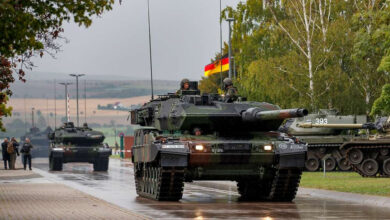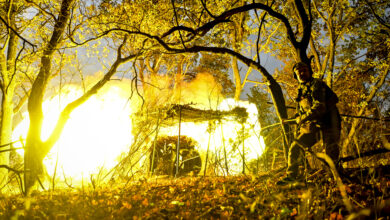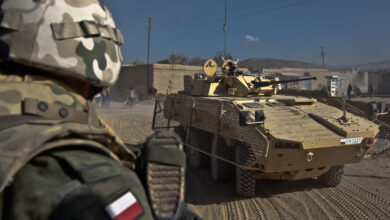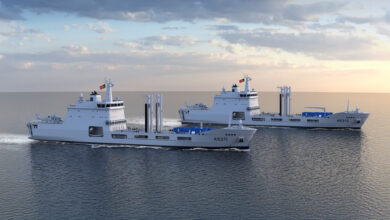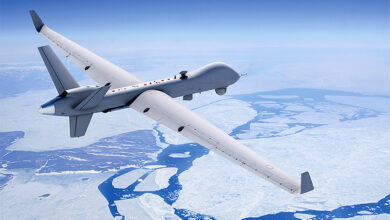Australia has awarded contracts to 11 domestic companies to deliver unmanned aerial system prototypes for the defense force.
Valued at 1.21 million Australian dollars ($791,000), the awards call for development of the drones and a corresponding production plan with rapid fabrication at scale.
Participants include Edinburgh Drone Company, AMSL Aero, Ichor Autonomy, Bask Aerospace, Boresight, SYPAQ Systems, DefendTex Military Products, Autonomous Technology, Geodrones Australia, V-TOL Aerospace, and Crystalaid Manufacture.
The drones are expected to have “versatile and cost-effective” capabilities with near real-time situational awareness at lower altitudes compared to larger surveillance options.
Once operational, the Australian Department of Defence intends to utilize the systems for photography, survey, and training missions.

Showcasing in April
The partners are scheduled to demonstrate each of their products in April under Canberra’s Advanced Strategic Capabilities Accelerator (ASCA), a program seeking “highly targeted disruptive technologies” to provide joint forces “an asymmetric advantage” in multiple domains.
“ASCA’s first Innovation Incubation Challenge will support some of our brightest minds in developing sovereign drone technology that can advance the future capabilities of the [Australian Defence Force],” Australian Defence Industry Minister Pat Conroy stated.
“This initiative is another example of how the Albanese Government is getting on with the job of providing the [Australian Defence Force] with state-of-the-art technology while supporting the local defence industry, including small and medium sized enterprises.”
“Investments in developing small and smart uncrewed aerial systems will not only further a sovereign drone industry, creating highly skilled jobs, but ultimately will increase the operational effectiveness of our military.”
Advanced Strategic Capabilities Accelerator Program
Launched in 2023, the ASCA supports Australia’s efforts to mature “game-changing ideas” for warfighters over the next decade.
The Albanese government requested proposals from industrial teams and academia to co-design a series of projects under ASCA last month.
In July 2023, Canberra earmarked 748 million Australian dollars ($488 million) for ASCA activities over the next four years. Australia plans to invest a total of 3.4 billion Australian dollars ($2.2 billion) for the entirety of the program over 10 years.



